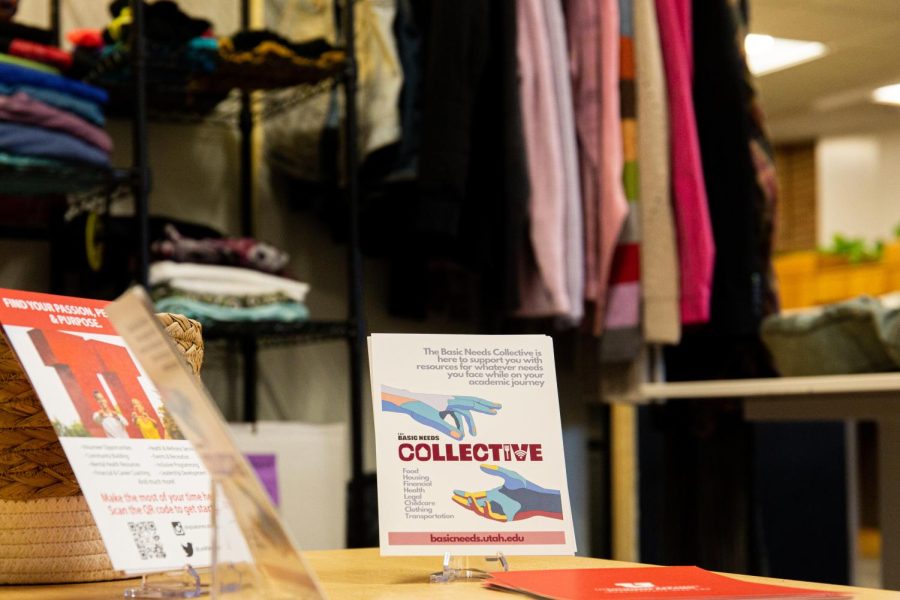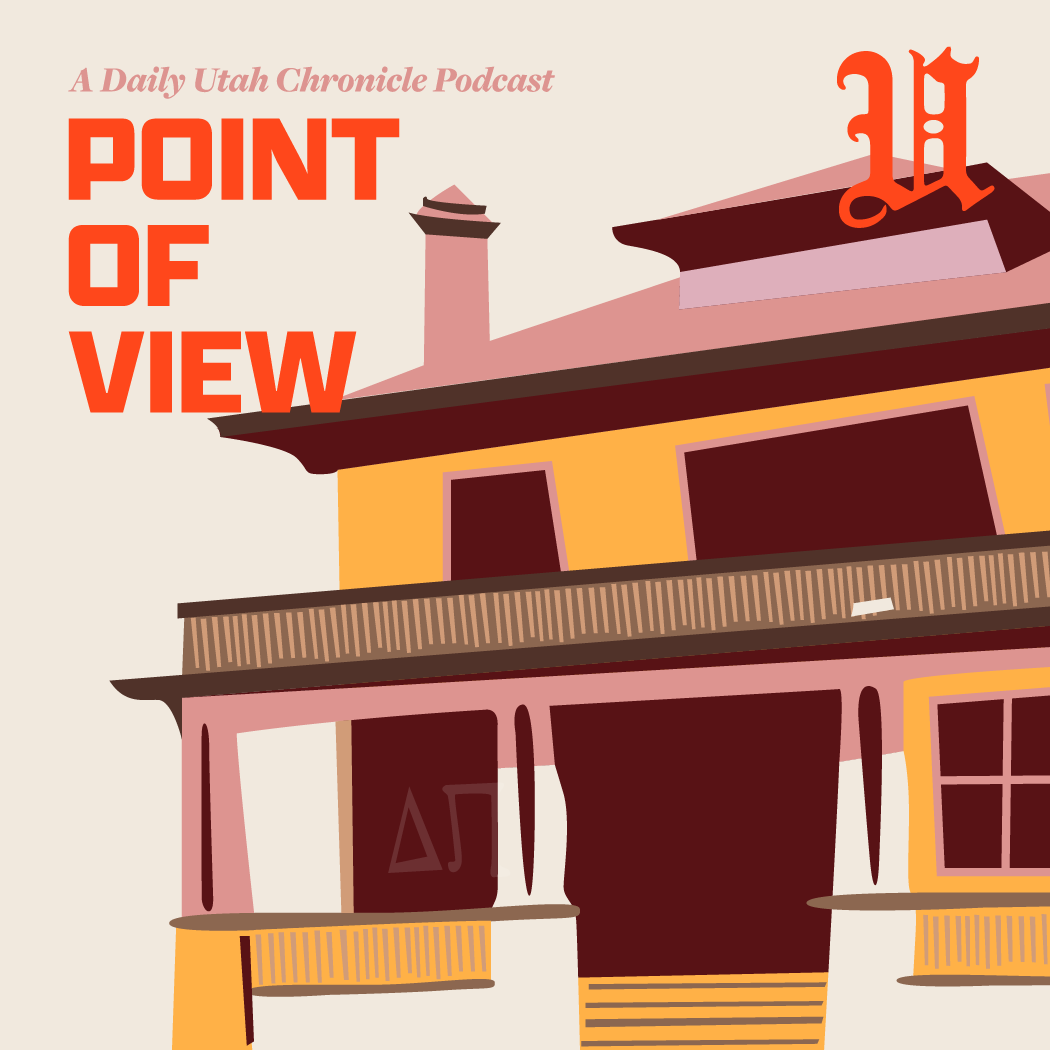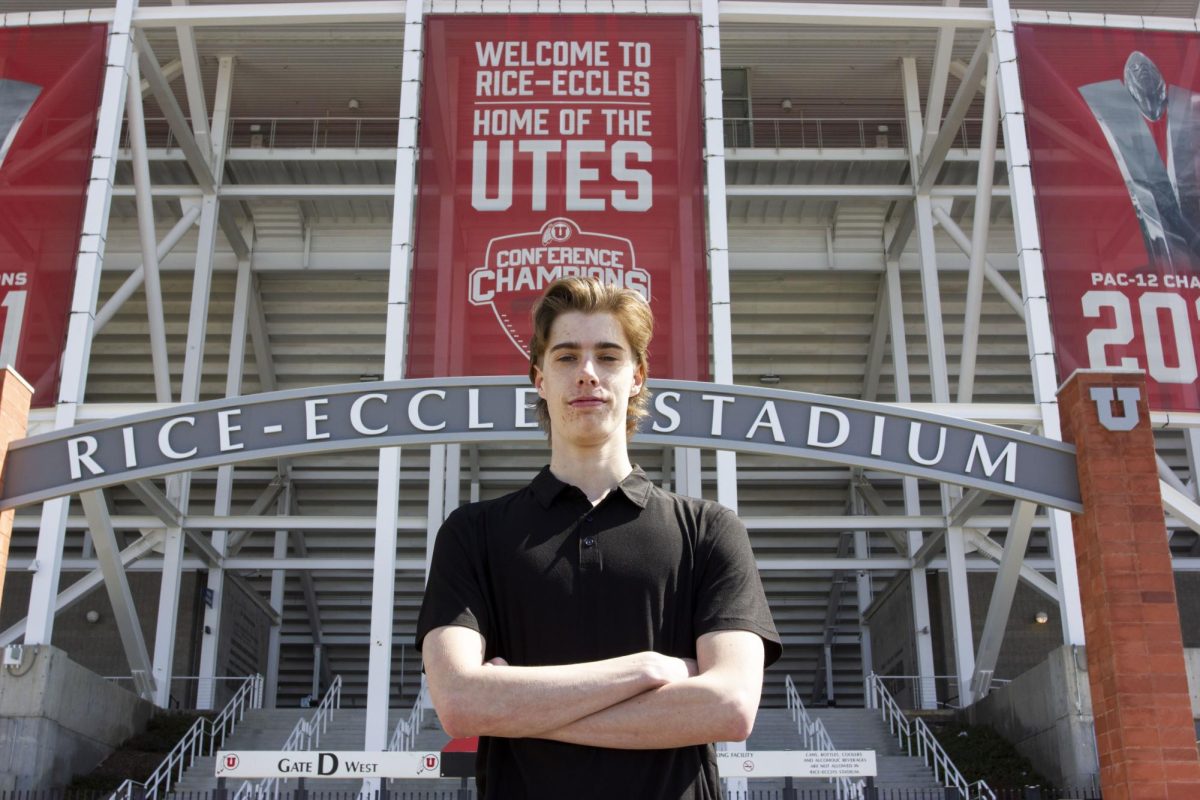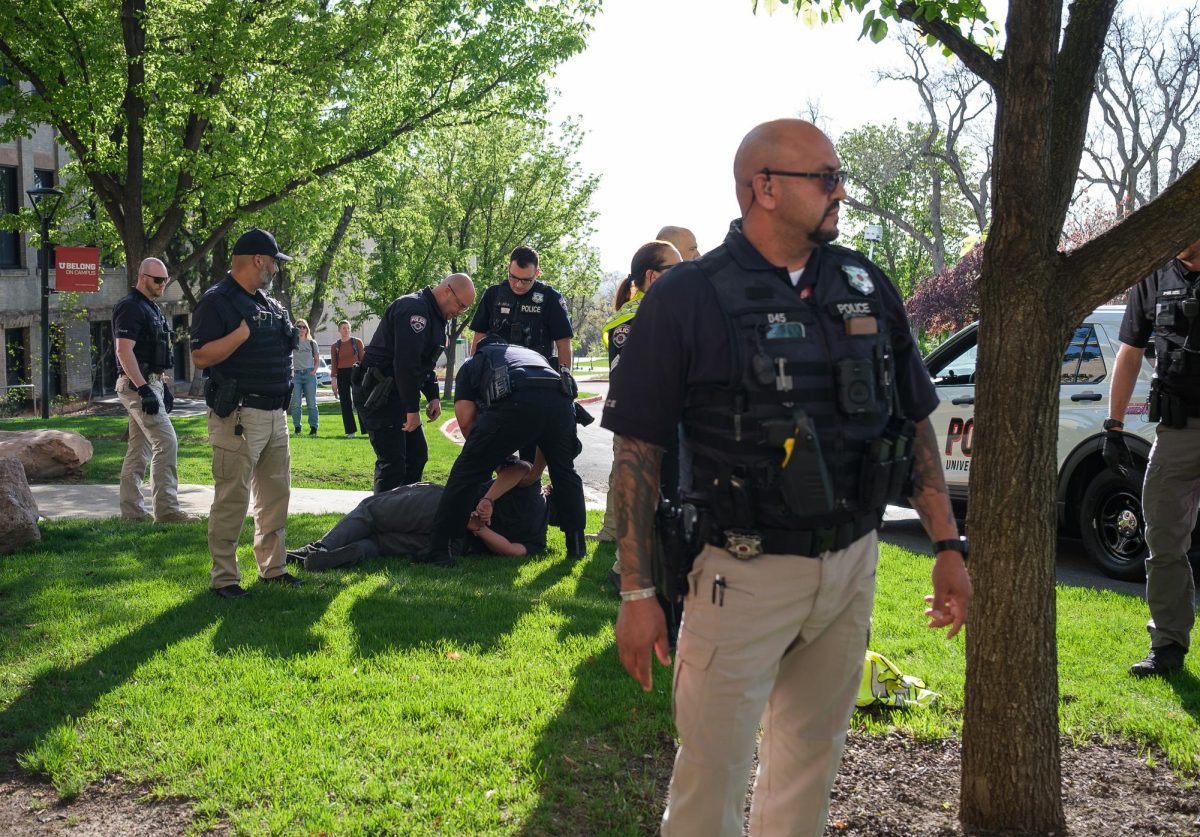
The population of the state of Utah is no stranger to questionable police work. Utah trooper Lisa Steed, former Trooper of the Year, was found in 2012 to have violated procedure on more than 200 DUI arrests. West Valley City’s police force was mentioned in The New York Times because of their troubles. 125 cases had to be tossed out because the ability to prosecute them came into question. Sim Gill told the Times “there was not a single case I wanted to dismiss. We had no choice.” This week, the Salt Lake Tribune ran an article on the increasing number of police body cameras that are in use across the state of Utah. Hopefully, the communities across Utah where these cameras are in use will find that numbers of complaints and use of force by officers decrease in a manner similar to that of Rialto, Calif.
Of course, the arguments for the good that these cameras can do requires a certain amount of faith that the government — on any level from local to federal — is going to treat this data with the respect and concern for privacy that it is entitled to. Simply, states should work to enact laws to address the questions of how this data will be stored and who will have access. These policies are necessary to limit the possibilities of videos endangering the privacy of citizens, both private and police officers, by being shared inappropriately. And policies need to be put into place so that if they are shared inappropriately, the perpetrators can be known and punished. The other question that state needs to address is the question of how the cameras record, when they record, and who controls when they record. As the ACLU argues, if the police officers who’s conduct is being recorded control when the recordings occur, their role in “providing a check and balance against police power will shrink.” Steed is known in at least one case to have removed her microphone “so that her superior wouldn’t know what she was doing,” said Salt Lake City attorney Joseph Jardine. The cameras offer little help in avoiding abuse of power if they are easily avoided or discarded. However, there is little reason to assume that it is necessary to film every single moment of a police officer’s day, such as a bathroom break, or, as the ACLU also notes, squad car discussions which might discourage would-be whistleblowers from speaking up because they could be identified.
The details of how the policies should and will work on body cameras are numerous, multi-faceted and difficult without a doubt. But it is necessary that the police departments and government agencies across Utah and the rest of the United States address them in order to avoid the creation of an expensive and useless system. It is also necessary that ordinary citizens voice their opinions and concerns so that more than police unions and body camera manufacturing companies inform the policy.









